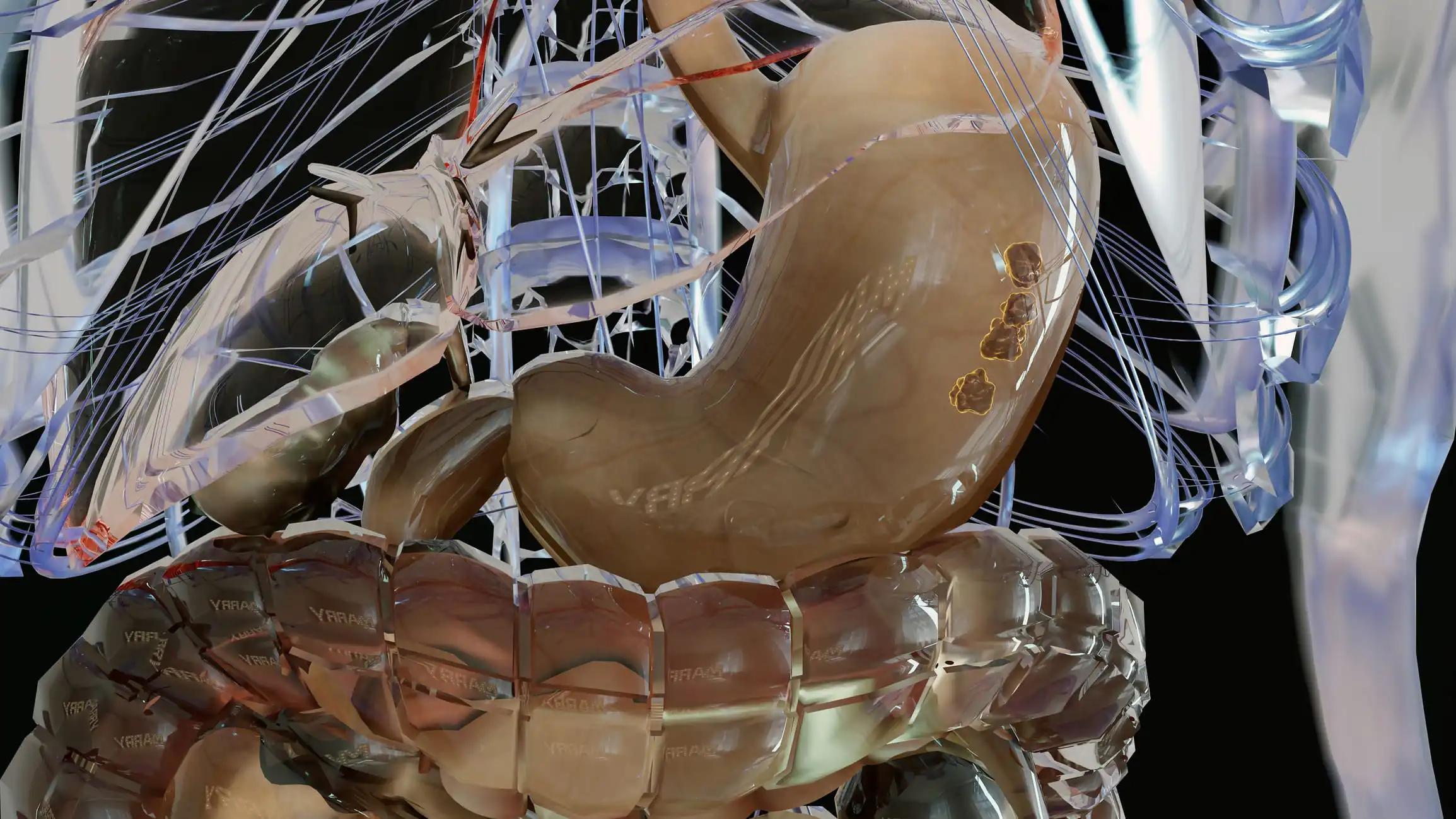KEY TAKEAWAYS
- The study aimed to develop a prognostic model for BLCA based on its molecular and immunological features.
- Researchers noticed that the BSSRGs significantly enhances prognosis prediction and personalized treatment in BLCA.
Bladder cancer (BLCA) presents a significant public health challenge due to its high incidence and mortality rates. Understanding the impact of molecular subtypes on treatment outcomes is crucial, highlighting the need for detailed characterization and application of these subtypes.
In this study, Xiang Huang and the team aimed to deepen the understanding of BLCA by mapping its molecular diversity and creating a robust prognostic model using single-cell and bulk RNA sequencing data. The investigation also explored immunological features and personalized treatment approaches through a risk score.
They performed an inclusive analysis using single-cell RNA sequencing (scRNA-seq) data from GSE135337 and bulk RNA-seq data from multiple sources, including GSE13507, GSE31684, GSE32894, GSE69795, and TCGA-BLCA. Molecular subtypes were identified, especially the basal-squamous (Ba/Sq) subtype associated with poor prognosis.
A prognostic model was developed through LASSO and Cox regression analyses focusing on genes related to the Ba/Sq subtype. This model was validated across both internal and external datasets to ensure its predictive accuracy. Patients were stratified into high- and low-risk groups based on a risk score derived from TCGA-BLCA data, and their immune-related molecular profiles and treatment responses were analyzed.
About 6 molecular subtypes were identified, with the Ba/Sq subtype consistently associated with poor prognosis. Based on basal-squamous subtype-related genes (BSSRGs), the prognostic model demonstrated strong predictive performance across various clinical settings, with AUC values at 1, 3, and 5 years showing robust predictability in training, testing, and entire datasets. Analysis of different risk groups revealed distinct immune infiltration and microenvironments.
The low-risk group generally exhibited higher tumor mutation burden (TMB) scores and lower tumor immune dysfunction and exclusion (TIDE) scores, indicating varied potentials for systemic drug response between the groups. Additionally, significant differences in potential systemic drug response rates were observed between the risk groups.
The study concluded that the introduction and validation of a new prognostic model for BLCA based on BSSRGs effectively improved prognosis prediction. The potential for personalized therapy, enhanced through patient stratification and immune profiling, was highlighted by the risk score, aiming to elevate treatment efficacy. This approach is expected to offer significant advancements in managing BLCA by tailoring treatments based on comprehensive molecular and immunological insights.
The study received no funds.
Source: https://pubmed.ncbi.nlm.nih.gov/39104534/
Huang X, Du G, Yang Y, et al. (2024). “Advancing bladder cancer management: development of a prognostic model and personalized therapy. Front Immunol.” 2024 Jul 22;15:1430792. doi: 10.3389/fimmu.2024.1430792. PMID: 39104534; PMCID: PMC11298345.



